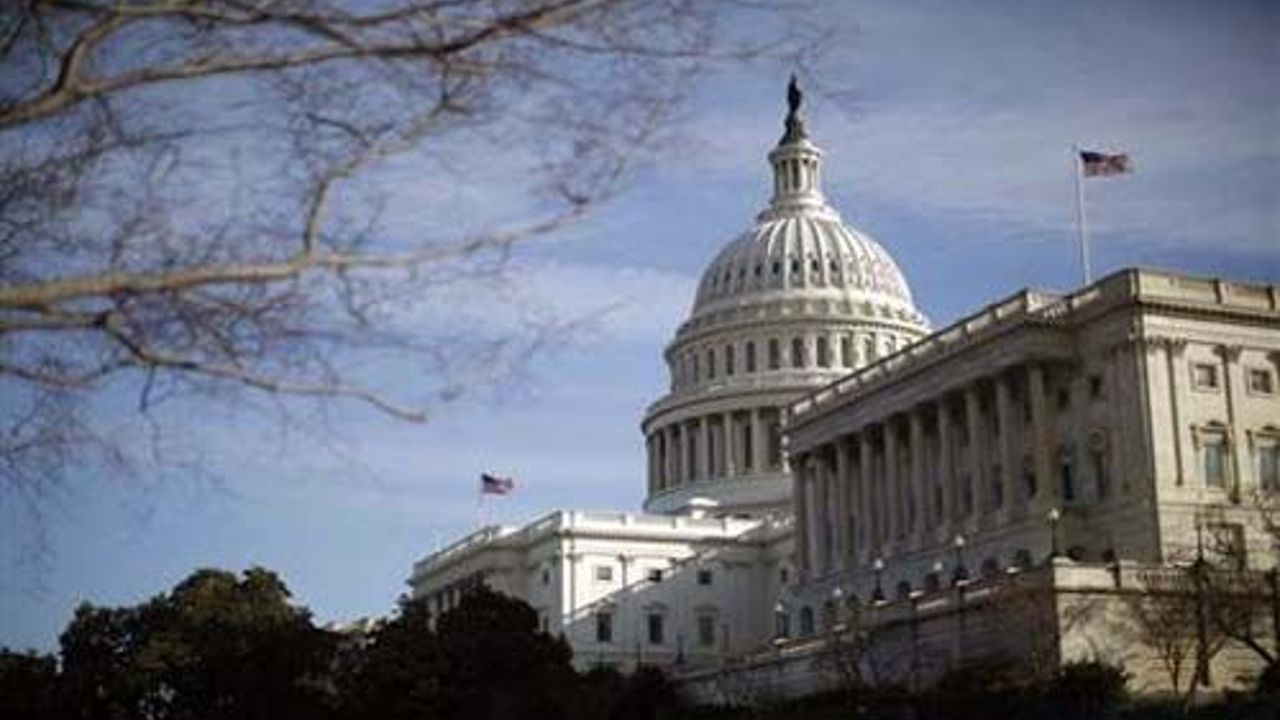Republicans weigh short-term U.S. budget measure
With time running out for the Congress to agree on next year's budget, some Republicans are pushing for a short-term fix that would delay the confrontation over a government shutdown until November.

If lawmakers agree on a short-term plan to fund the government for a few weeks past the current October 1 deadline, it would mean that the fight over government funding for next year would coincide with a potentially more consequential clash over raising the federal borrowing limit. House Republican aides said a growing number of party lawmakers want to try to buy more time to agree on funding levels for government agencies and programs, though no decisions have been made. One aide said a short-term spending measure would be a "no-drama" way to allow the House and Senate extra time to work on annual spending bills. Another Republican aide said there would be advantages to tackling differences over government funding at the same time Congress is debating conditions for increasing the debt limit. House Republican leaders have not made any decisions yet on whether to seek a short-term spending measure known as a "continuing resolution" because the chamber is still focused on passing its 12 appropriations bills, said Michael Steel, a spokesman for House Speaker John Boehner. President Barack Obama and congressional Republicans are bracing for a major budget battle this fall as they try to resolve deep divisions over taxes, automatic spending cuts known as the sequester, and whether to rein in costly federal benefits programs.
As Congress prepares for a five-week recess that starts on Friday, it is grappling with two deadlines - the need for government funding legislation as it starts the new fiscal year on October 1 and the need to raise the $16.7 trillion debt limit to avoid default, likely sometime in November.
Once lawmakers return from their break on September 9, they have only nine legislative days to work out differences before the October 1 deadline to avert a government shutdown.
"There's not much time," said Tad DeHaven, a budget analyst at the libertarian Cato Institute in Washington. "So it looks to me like a continuing resolution. The only question is what number."
Obama's Democrats and congressional Republicans are deeply divided over spending levels for the new fiscal year. Republicans want to keep savings from the automatic cuts in place and have written their spending bills to a $967 billion cap, the lowest in a decade.
Democrats, meanwhile, view that spending limit as far too austere and are proposing a higher cap of $1.058 trillion. The caps apply to programs ranging from education to national parks to the military.
Some aides say one way to find common ground on a short-term funding fix would be to keep funding at this year's annualized level - about $988 billion - for a few additional weeks.
Given the polarization between the two parties, even hammering out a short-term agreement could be challenging, though Congress has often resorted to temporary funding extensions at the start of a new fiscal year.
Democrats are likely to insist that any funding extension replaces the sequester cuts, which are now causing temporary layoffs at government agencies and military contractors alike.
"We want sequestration to be turned off, not extended," said Matthew Dennis, spokesman for Representative Nita Lowey, the top Democrat on the House Appropriations Committee.
Many Republicans want to keep the sequester in place and view the debt limit as a key leverage point to demand even deeper spending cuts, particularly reforms to the Social Security and Medicare programs for the elderly.
However, pushing the government too close to a debt default would likely cause turmoil in financial markets. This happened during the bruising budget fight of 2011, when congressional dysfunction over the issue prompted Standard and Poor's to strip the United States of its top-tier credit rating.
REUTERS







